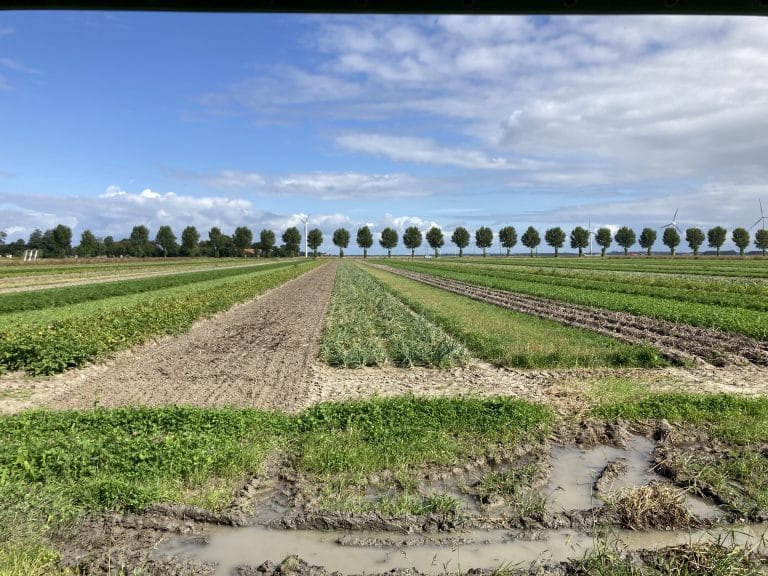Together towards the new normal
Regenerative agriculture combines food production with ecosystem restoration, improvement of soil fertility, water management and biodiversity. The Re-Ge-NL programme aims to solve bottlenecks in the transition to regenerative agriculture in close cooperation with the sector. By demonstrating in practice that the transition is feasible and attractive, Re-Ge-NL ensures a system change and transition acceleration. The practical goal of the programme for 1,000 Dutch farmers to actually make the transition by 2030 and that at least 10,000 farmers and advisors gain knowledge about regenerative farming practices. The ultimate goal is for agriculture with a positive impact on nature and climate to become the new normal.
Wouter-Jan Schouten, Director of Sustainable Food Systems at Next Food Collective and director of the proposal: “With Re-Ge-NL we will create an international example for the transition to regenerative agriculture. This is possible because we work with a unique consortium of players from the entire food system, where the ownership for the transition lies with farmers’ cooperatives and networks that all want to work on a great diversity of future-proof farm models and thus break the status quo as quickly as possible.”
Maarten van Dam, of regenerative farm Schevichoven and agricultural projects agency Farwin: “We are proud of our regenerative permaculture at Schevichoven, but we cannot do it alone. We believe that Re-Ge-NL will remove obstacles and accelerate the transition: Simultaneously focusing on all bottlenecks such as sales, knowledge sharing and financing is the only way to cope with the urgency and make regenerative agriculture the new normal!”
NGF Advisory Committee: “The Re-Ge-NL proposal offers a possible solution to broad agricultural environmental issues and attempts to accelerate the transition. For the average farmer, the transition to regenerative practices is sometimes unfeasible due to lack of knowledge, economic perspective or working examples. Re-Ge-NL addresses these bottlenecks through an integrated systems approach and with bottom-up involvement of farmers. This will demonstrate that and how a transition is possible.”
Thanks to this investment from the NGF, the Netherlands is making its global leading position in Agri & Food future-proof. Furthermore, the sustainable earning capacity of the Netherlands is increasing by reducing environmental costs while maintaining profitable agricultural production, employment and exportable products and services.
To learn more about the Re-Ge-NL programme, you can find a summary here (Dutch).

